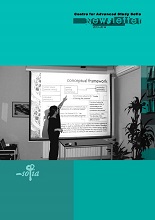
CAS Newsletter 2013/2014
Articles, pictures and interviews can be reprinted only with the consent of Centre for Advanced Study Sofia (CAS - Sofia). Any citations should be duly acknowledged.
More...We kindly inform you that, as long as the subject affiliation of our 300.000+ articles is in progress, you might get unsufficient or no results on your third level or second level search. In this case, please broaden your search criteria.

Articles, pictures and interviews can be reprinted only with the consent of Centre for Advanced Study Sofia (CAS - Sofia). Any citations should be duly acknowledged.
More...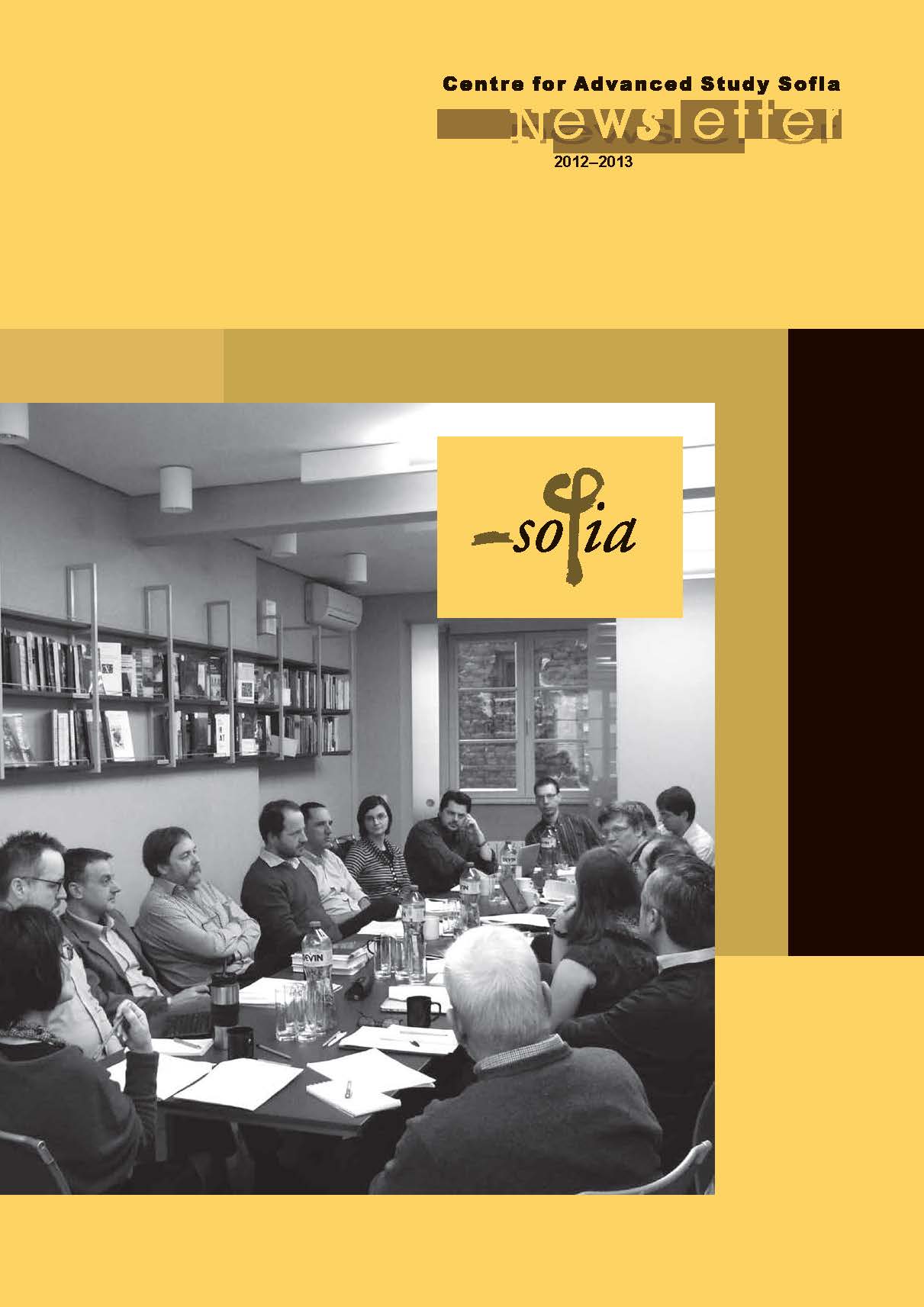
Articles, pictures and interviews can be reprinted only with the consent of Centre for Advanced Study Sofia (CAS - Sofia). Any citations should be duly acknowledged.
More...
Articles, pictures and interviews can be reprinted only with the consent of Centre for Advanced Study Sofia (CAS - Sofia). Any citations should be duly acknowledged.
More...
Articles, pictures and interviews can be reprinted only with the consent of Centre for Advanced Study Sofia (CAS - Sofia). Any citations should be duly acknowledged.
More...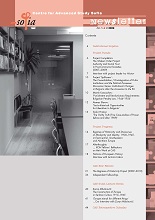
Articles, pictures and interviews can be reprinted only with the consent of Centre for Advanced Study Sofia (CAS - Sofia). Any citations should be duly acknowledged.
More...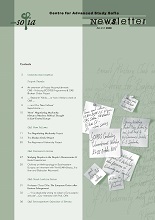
Articles, pictures and interviews can be reprinted only with the consent of Centre for Advanced Study Sofia (CAS - Sofia). Any citations should be duly acknowledged.
More...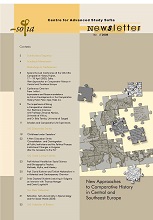
Articles, pictures and interviews can be reprinted only with the consent of Centre for Advanced Study Sofia (CAS - Sofia). Any citations should be duly acknowledged.
More...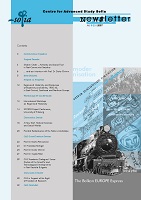
Articles, pictures and interviews can be reprinted only with the consent of Centre for Advanced Study Sofia (CAS - Sofia). Any citations should be duly acknowledged.
More...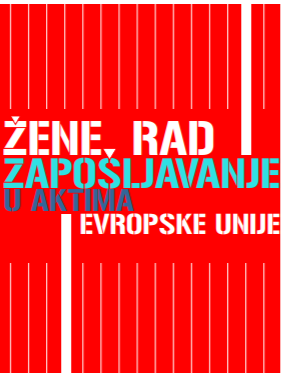
Legal framework of the European Union confirms its determination towards gender equality. Over the last decades there has been developed a series of provisions of primary and secondary law of the EU as well as a large number of political documents and initiatives in the field of gender equality, particularly in the field of employment and work conditions. Case law of European Court of Justice has contributed to the great extent to development of European law in this field. The EU point out a few important fields putting them in its focus of actions: first of the fields refers to employment, in particular, access to employment, promotion at work including the access to professional training as well as working conditions, including the redundancy conditions. The second refers to equal work or work of equal value, the third to harmonization between private and professional life and a special protection of pregnant women and maternity leave. The European Union recognizes the importance of introduction of measures of an affirmative action aimed at accomplishing the goals in these fields. In the field of equality between women and men, over the last decade there has been adopted a numerous of directives which have been changed and amended over time. Directives that can be directly linked to the issue of work and employment are, inter alia: Directive of Council 79/7/EEC of 19 December 1978 on the progressive implementation of the principle of equal treatment for men and women in matters of social security; Directive of Council 2004/113/EZ of 13 December 2004 on implementing the principle of equal treatment between men and women in the access to and supply of goods and services, i.e. service provision; Directive 2010/41/ EU of the European Parliament and of the Council of 7 July 2010 on the application of the principle of equal treatment between men and women engaged in an activity in a self-employed capacity and repealing Council Directive 86/613/EEC; Directive 2006/54/EC of the European Parliament and of the Council of 5 July 2006 on the implementation of the principle of equal opportunities and equal treatment of men and women in matters of employment and occupation (“The Recast Directive” ). Except the mentioned, it is important to point that the EU has adopted a series of directives relating to the rights of pregnant and postpartum women, then maternity, parenting and paternity based rights amongst which the key important are Directive 92/85/EEZ (“The Pregnant Workers Directive”) Directive2010/18/EU of 8 March 2010 (“The Parental Leave Directive”). Also, the European Court of Justice, as the EU institution whose task is to interprets EU law to make sure it is applied in the same way in all EU countries, the most frequently in a liberal manner than courts of member states do at the time of decision- taking, has given a great contribution to the process of advocating the promotion of women at labour market including those related to different forms of discrimination against women. The possibility to use the EU law on gender equality in court proceedings before national courts of member states represents a powerful instrument for protection and accomplishment the right to equality whether the EU law is integrated into national legislation or not. In fact, member states are often late with transposing or, sometimes, do it in a way being opposed to goals which some directives try to achieve. However, due to the principle of supremacy of European Union law, in case of inconsistency of national legal regulations with the EU regulation and in accordance with the European Court of Justice’s decisions, national courts of member states are compelled to base its decision on the EU regulations, i.e. are compelled to do everything in its power to achieve the result the directives’ goals strive to by interpreting the national law. Except legal documents and court justice of the European Court of Justice, political documents of the European Union too represent a significant resource, especially in terms of determining the directions and actions in the field of gender equality. One of such documents, which was adopted in the aim of promoting the equality between women and men is a Women’s Charter. The Charter highlighted the five specific fields of actions necessary to take additional efforts to confirm the dedication of Europe to equality of women and men offering a better life and sustainable future for all: Economic independence; Equal pay for equal work or work of equal value; the representation of women in decision-making and positions of power, respect for women’s dignity and integrity, but also an end to gender-based violence, both in the European Union and outside the EU borders. Although, after reading the legal documents of the European Union it could be argued that equality of women and men is the fundamental value, the goal and the driver of the European Union’s economic growth and that the EU in all its actions is trying to promote the equality of women and men, things are often different in practice. Decisions of the Court of Justice confirm that even long-year member states face difficulties when implement the principle of gender equality and the prohibition of discrimination as general principles that the European Union is based on. This is why the European Union is trying to make a positive impact on promoting the equality of men and women and gender equality not only in member states but in EU accession process countries. In that sense, the EU requires the adjustment of a candidate country’s legislation to the EU legislation. Member states are, except adopting the laws, obliged to take measure aimed at revoking all laws, regulations or proceedings which are not in accordance with the principle of equal treatment. Each provision being opposed to the mentioned principle and is part of employment contract, collective agreement, employment internal act, a regulation being applied to self-employed occupations or organizations of workers and employers are, accordingly, declared null and void and must be amended.
More...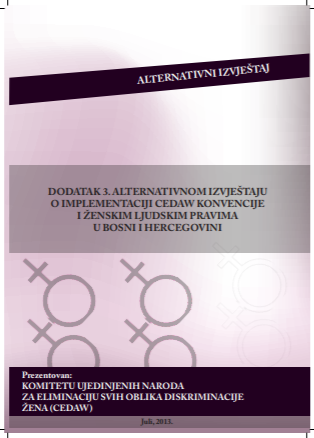
Dodatak trećem alternativnom izvještaju je nastao kao rezultat zajedničkih napora grupe aktivistkinja i aktivista iz nevladinih organizacija u Bosni i Hercegovini sa dugogodišnjim iskustvom u direktnom radu sa ženama čija su prava ugrožena ili direktno povrijeđena, kao i aktivnostima zalaganja za usvajanje rodno osjetljivih i odgovornih zakona i javnih politika u oblasti zaštite ženskih ljudskih prava i ravnopravnosti polova.
More...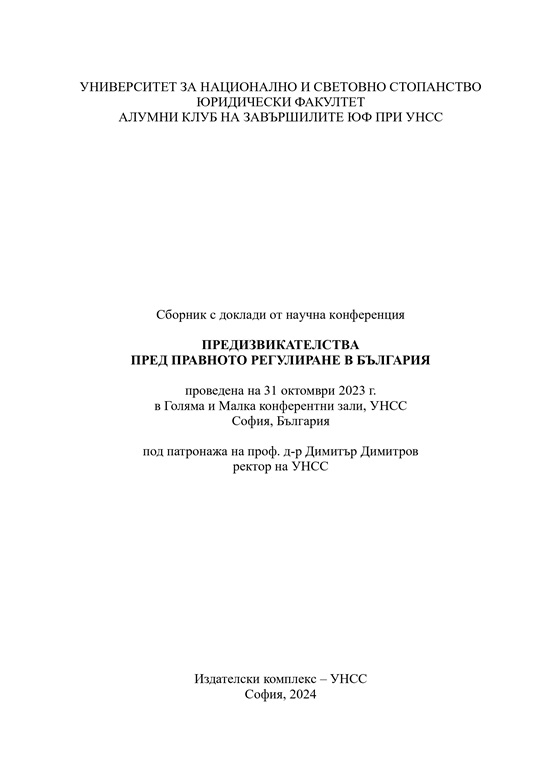
The draft amendment to the Constitution of the Republic of Bulgaria from 2023 contains numerous proposals that are within the competence of the Grand National Assembly. This conclusion is based on a comparison of the content of proposed changes with the established practice of the Constitutional Court of the Republic of Bulgaria regarding the "form of government" in the sense of Art. 158, item 3 of the operation of the Constitution. It is indisputable that the discussion needs to be changed in the Basic Law and if it is to be entirely political in nature. But in view of the basic constitutional principles - rule of law, people's sovereignty, separation of powers and independence from the judiciary, proclaimed in the Basic Law, the political decisions of this discussion should undoubtedly be in line with them.
More...
In Interpretative Decision No 5/2021, the SCC ruled on the labour law issue of the application of the new ground for dismissal of pedagogical specialists, in respect of which a contradictory practice of the SCC itself has accumulated since 2016. Since dismissal ground is conviction for a crime, the problem has significant criminal law aspects that the SCC has not taken into account, which is why the argumentation of the decision and the dissenting opinion suffer from serious imperfections.
More...
The report presents and analyzes the problem of the growing role and importance of constitutional justice in Bulgaria in the conditions of political crisis in recent years. The thesis is advocated that in conditions of political crisis, democratic institutions and parliamentary parties are more often inclined to violate the constitution or to use it excessively as a tool for institutional opposition in the political process. As a result, the Constitutional Court becomes a participant in the resolution of political and institutional disputes and conflicts. Cases from constitutional jurisprudence are analyzed, through which challenges and problems facing constitutional justice are highlighted. A political and legal approach is used in the analysis of the studied process.
More...
Among the goals pursued by law are justice, the common good and legal certainty. Legal certainty as a goal of law is also a value of the law itself and is part of its concept. The approach to its definition opens up avenues in different directions to be explored. This report will analyze the various meanings, arising from its main divisions, its main manifestations in the legal system and its main problems.
More...
The current Bulgarian legislation empowers police authorities to detain a person deemed to have committed a crime. Exercising such power, in practice, results in restriction of one of the most important fundamental rights guaranteed by the Constitution of the Republic of Bulgaria, namely, the right to personal liberty and inviolability. A written order is issued for the detained person, which by its nature represents an individual administrative act, and, as such, must meet the five requirements for legality of administrative acts. The present paper focuses on the obligation of the police authorities to observe the substantive law, to state promptly the reasons for detention, as well as to eliminate any form of abuse of power entrusted to them. For the purpose of preventing unlawful and arbitrary detention, police authorities ought to comply with the European Convention on Human Rights and European Union law, as well as take into consideration the relevant case-law of the European Court of Human Rights and the case-law of the Court of Justice of the EU.
More...
This report analyzes the nature of clinical trials of medicinal products. The different forms of control during their implementation are described. Monitoring and auditing are considered as specific forms of non-legal control. A special place is given to the different types of inspections of clinical trials as the only form of ongoing legal control carried out by competent state authorities.
More...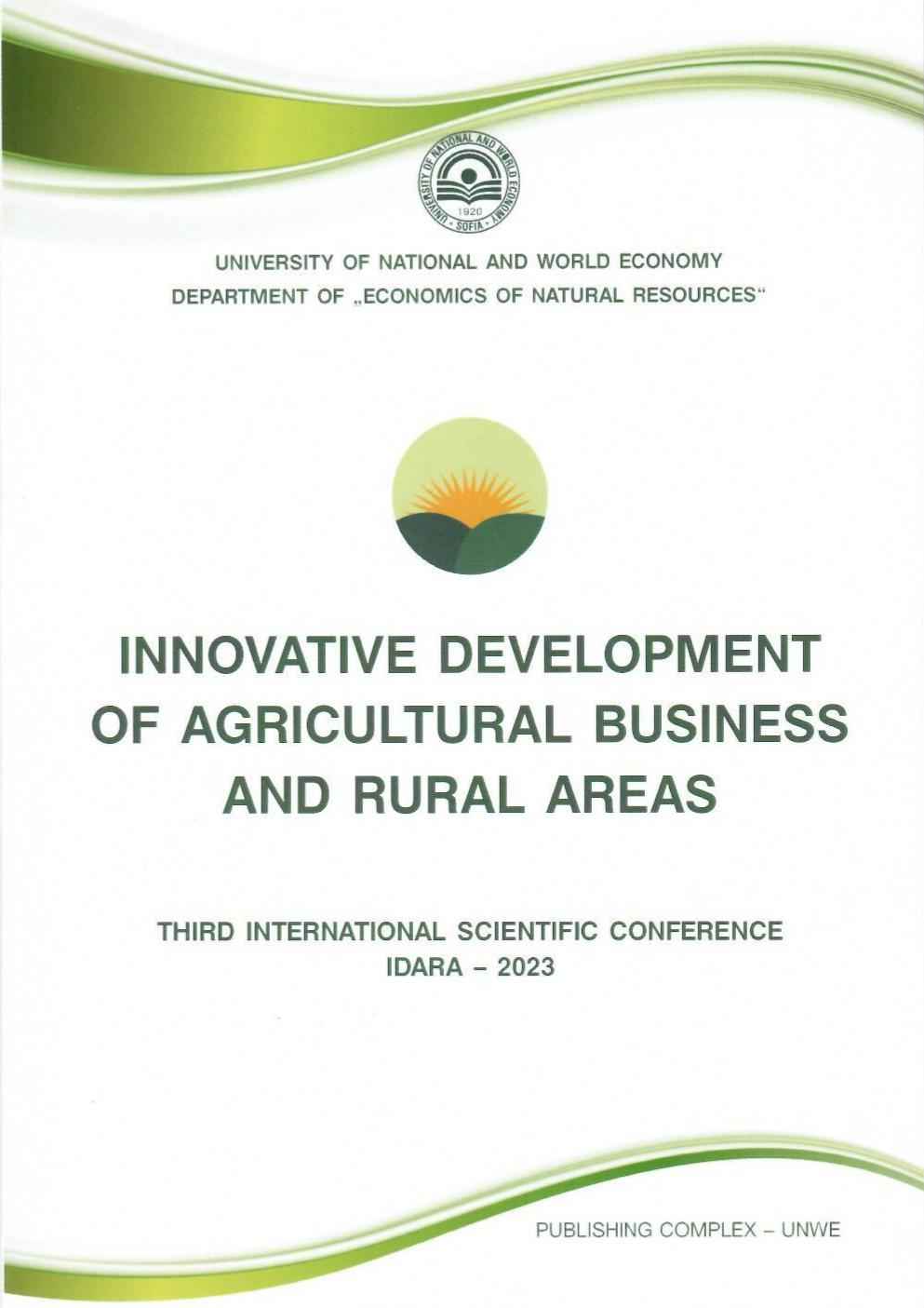
Pursuant to the norm of Article 7, Paragraph 1 of the Law on Assistance to Agricultural Producers (www.lex.bg) [1], the Ministry of Agriculture, Food and Forestry creates and maintains a register of farmers. The registration mechanism is regulated in Ordinance No. 3 of 01.29.1999. [2] to create and maintain a register of farmers (www.lex.bg). Through this registration mechanism, each farmer and each agricultural producer is given the opportunity to obtain the status of a registered agricultural entity, subject to the fulfillment and presence of specific legal conditions. Pursuant to paragraph 1, item 1 of the additional provisions of the Law on Support for Agricultural Producers [1], „Farmers“ are natural and legal persons who produce unprocessed and/or processed plant and/or animal products, and in the sense of point 23 of the additional provisions cited above, „Farmer“ is a farmer within the meaning of Art. 4, paragraph 1, letter „a“ of Regulation (EU) No. 1307/2013 [3]. According to the text of the mentioned Article 4, paragraph 1, item „a“ of Regulation (EU) No. 1307/2013 – Definitions and related provisions, „Farmer“ means a natural or legal person, or a group of natural or legal persons , regardless of the legal status of that group and its members under national law whose holding is within the territorial scope of the treaties. The regulated registration mechanism is characterized by a number of specifics, reflecting both the functions of farmers and agricultural producers according to the cited definitions, as well as the provision in this way of a number of necessary privileges that derive from their registration status.
More...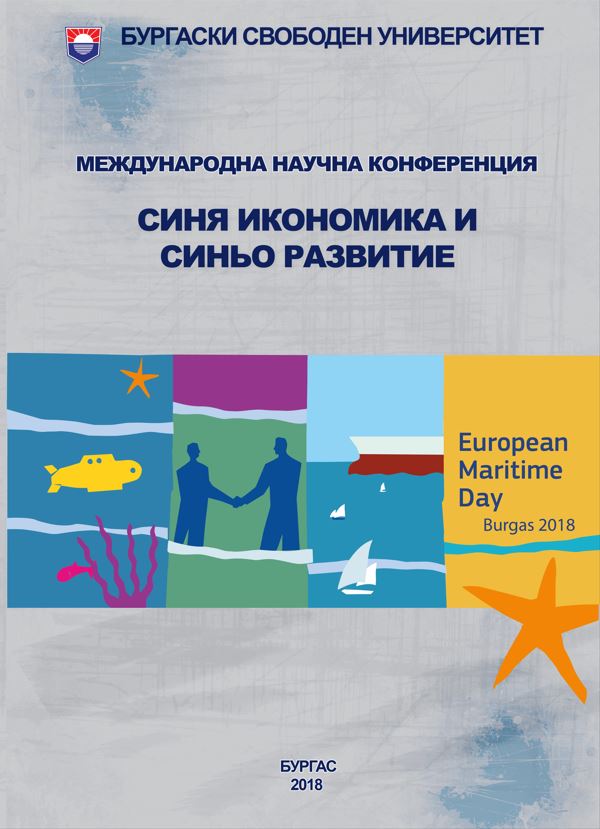
European Union’s Integrated Maritime Policy is an attempt to coordinate complex and interdependent policies related to maritime affairs, and to tackle the issues concerning the allocation of ecological economic resources in a holistic, integrated manner. Since it is better in organisational terms to deal with local information locally, this new approach aims at reducing organisational centralisation, devolution in decision- making from hierarchies into networks of EU member states in accordance with the fundamental EU principle of subsidiarity, with the coordinating role of the EU Commission. The new policy approach also aims at increasing horizontal and vertical coordination of maritime policies at the EU level.
More...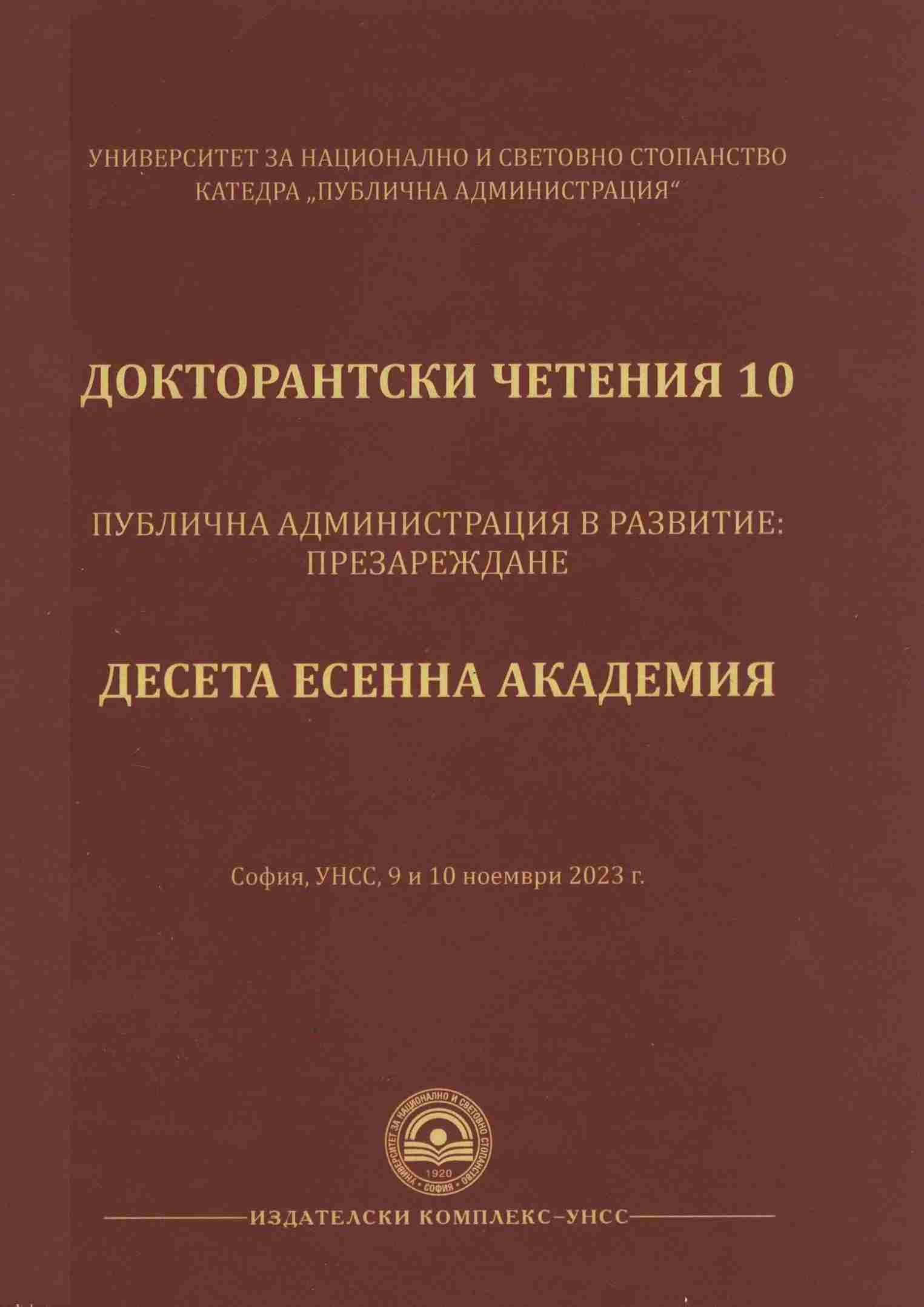
This scientific article examines the Constitution of the Republic of Bulgaria and the administrative processes and activities that arise from it. A historical overview of the Constitution is presented, from the first one adopted after the Liberation to the current one. All six amendments to the Constitution, as well as the new institutions, processes, and administrations introduced with it, after the amendments, are examined separately. After a review and analysis of the Constitution of the Republic of Bulgaria, an attempt was made in the article to present the main moments and elements of the amendments and additions and the attempts of the legislators over the years to improve the judicial system. The most recent amendment to the Constitution is given primary attention and the main processes that are being changed are examined. The follow-up actions that should be taken by the legislator are described, as well as the difficulties encountered in the new provisions of the Constitution.
More...
Until recently, in the current criminal law, piracy was recognized as a crime only in relation to an aircraft, but not in relation to a ship. With the AMLCA, the word “ship” was added to Art. 341b of the Criminal Code, and with this amendment, Bulgaria implemented the recommendation of the Committee of Experts on the Evaluation of Measures against Money Laundering and the Financing of Terrorism (MONEYVAL) to the Council of Europe regarding the introduction of all forms of piracy – in this case, the recommendation concerns the introduction of “maritime piracy” as a predicate crime to money laundering in connection with the financing of terrorism.
More...